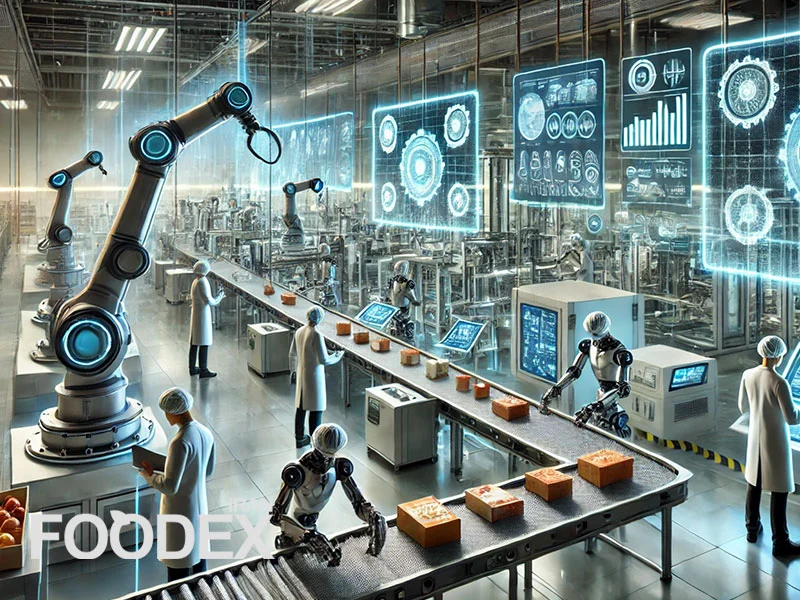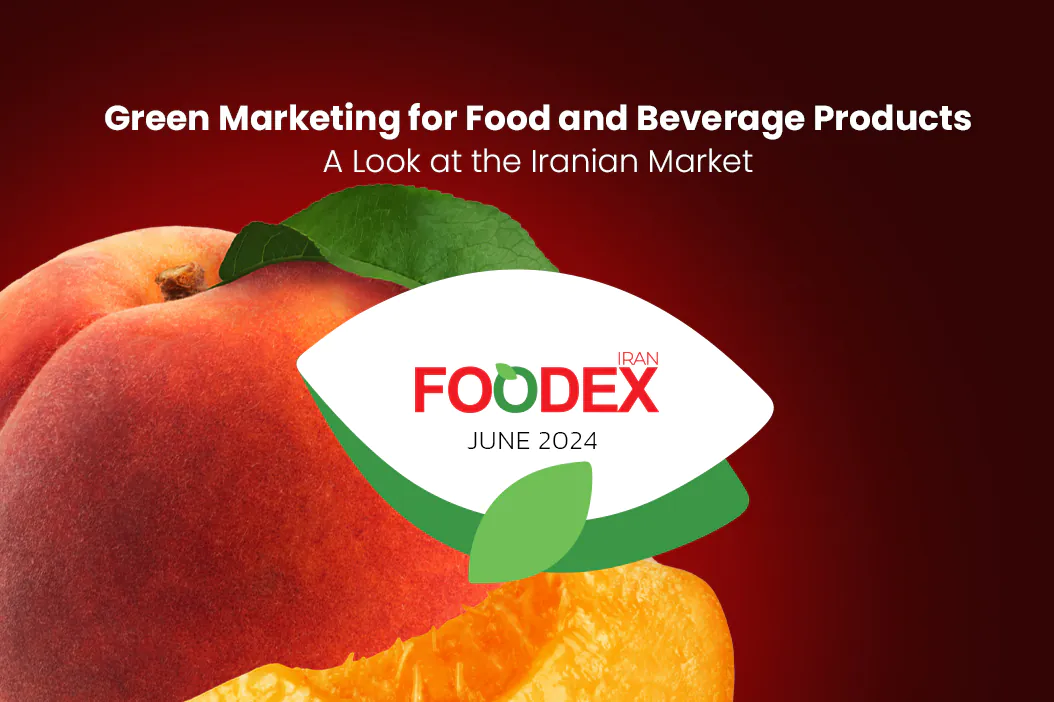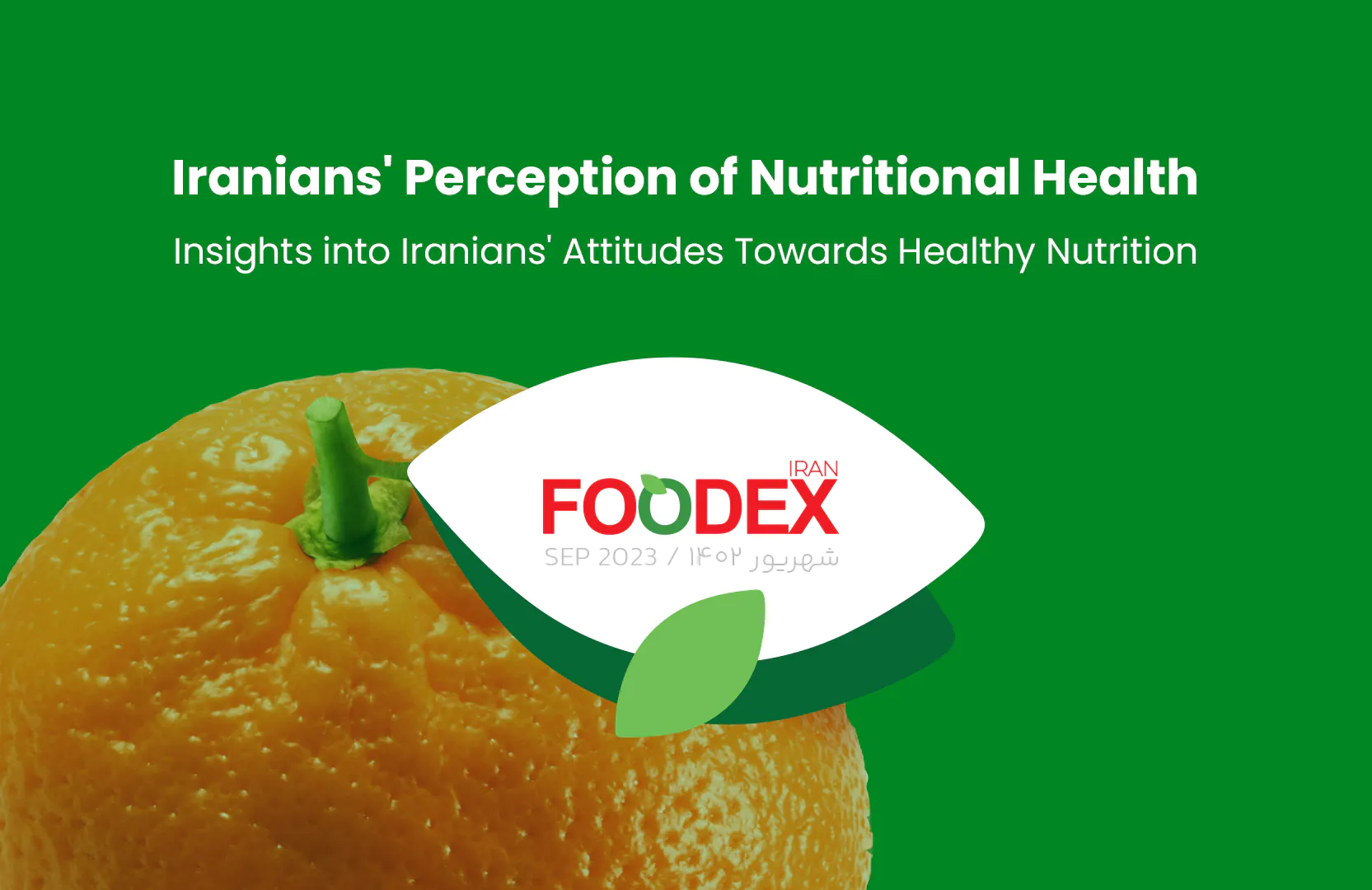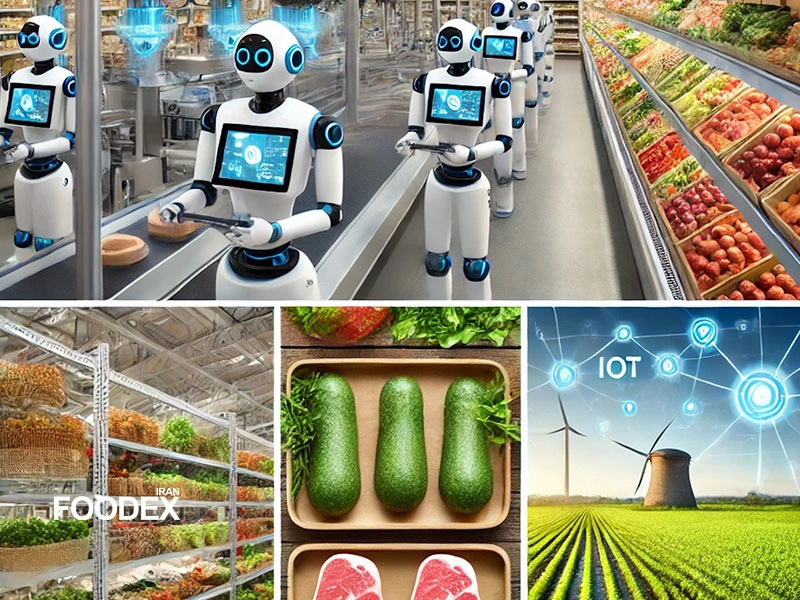The food industry is a core sector of any nation’s economy, constantly being reshaped by changes in technology and regulations. Such changes have relatively improved the quality and safety of food, supply chain efficiency, and reduced costs. More recently, developing countries like Iran have seen a rapid expansion of regulatory changes and technological innovations in food production, packaging, and distribution.
In this Foodexiran article, we review the current state of the food industry, with news regarding all-new regulations and technologies on the global scene, but most importantly, from the Iranian market’s perspective.
Section 1: Changes in Food Industry Regulations
Food and beverage industries are highly dependent on regulations that influence the health and safety of their products. Regulations involving production and packaging are constantly being updated to produce merchandise of higher quality with less environmental impact. In the last few decades, many countries have made legal changes that have greatly affected manufacturers.
Global Regulatory Developments
Following global crises like COVID-19, international standards have been updated to enhance quality and minimize environmental impacts. Main regulatory updates include:
U.S. Food and Drug Administration: The FDA introduced new rules to make labeling more transparent, control preservatives, and reduce the use of unnecessary chemicals in foodstuffs.
Global Food Safety Initiative (GFSI): This organization has established new standards to secure the food supply chain, requiring companies to trace products from production to distribution.
European Union Regulations: The EU has instituted strict regulations on waste reduction, including the amount of recycled materials that must be included in food packaging.
Impact of New Regulations on Iranian Producers
Iranian manufacturers who are willing to export goods to European and American markets should comply with health standards and be able to adopt advanced technologies for packaging and production. These changes will create access to international markets, especially organic products, and a new qualitative competitive advantage for high-quality Iranian products.
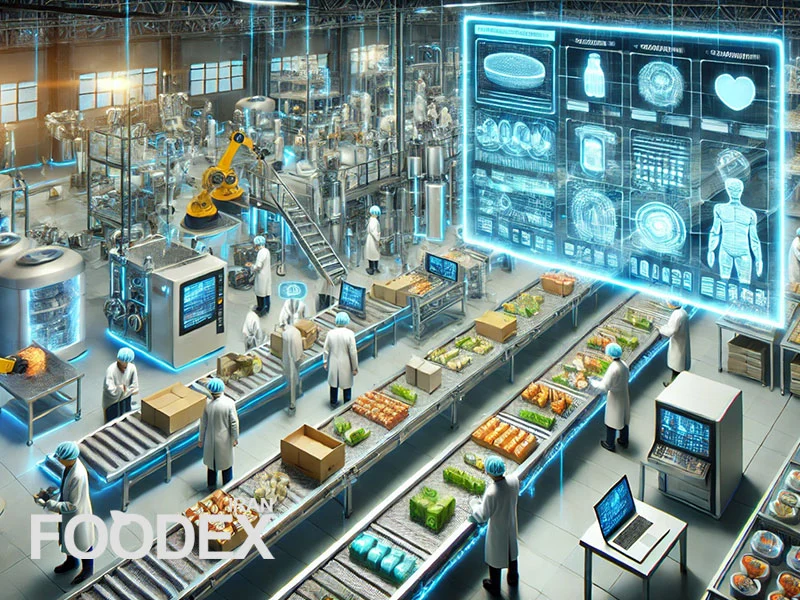
Section 2: New Technologies in Food Industry
Farm-to-table technological changes in the food and beverage industries imply greater efficiency, less waste, and less energy consumption. New technologies are making great marks up and down the entire supply chain.
Food Production Technologies
Automation and Robotics for Farming: Automation and robotics in farming had better benefits like increased productivity, cost savings, and proper utilization of water and fertilizer. Many large-scale farms in Iran have also managed the implementation of these technologies.
Plant-based and lab-grown meats are technologies for artificial meat production. Major plant-based or lab-grown meat production companies include Beyond Meat and Impossible Foods. These companies supply a sustainable alternative to animal meat that has the potential to contribute less to negative environmental impacts.
Innovative Packaging Technologies
Smart Packaging: Includes packages that not only preserve the quality of food but can inform consumers about storage conditions and dates of spoilage, which warn through alerts in case there may be an increase in temperature or the time of expiration.
Biodegradable Packaging: Biodegradable packaging made from materials already recycled and natural in origin is urgently in demand to reduce plastic waste.
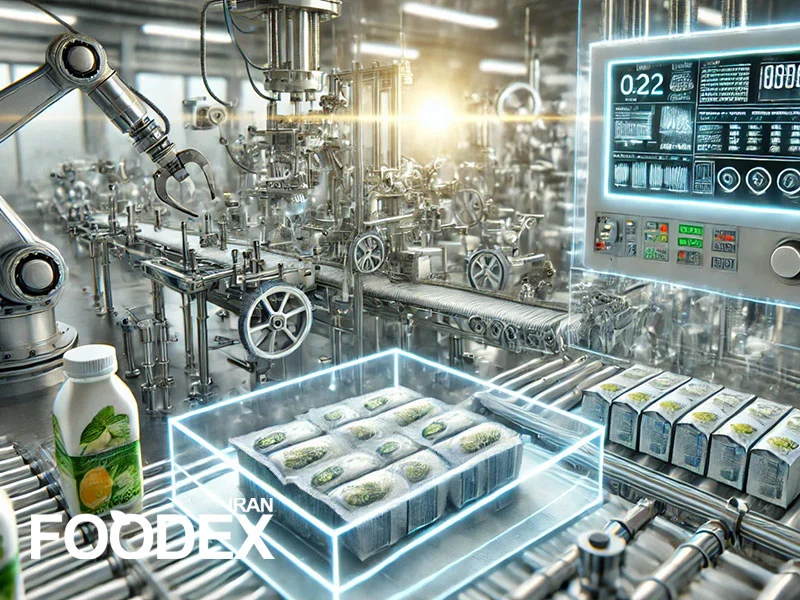
Section 3: Blurred Implications of the Changes on Consumers
This section explores how changes throughout the industry in foods and beverages influence consumer choices and purchasing behavior.
Influencing Food Choice: New Regulations and Technologies
Linked to regulatory reforms and the development of new technologies, healthier and cleaner products for the environment have been made available to consumers. More transparency in labeling also better informs and enables consumer choice.
Shifting Consumer Behaviour in Iran
Growing awareness among Iranian consumers of healthier products and sustainable packaging fuels the demand for organic produce. This creates new opportunities in the market for producers sensitive to these needs. At the same time, chain and online stores all over Iran ensure the wide availability of this product.
Conclusion: The Path Ahead
Recent improvements in food industry regulations and technologies have contributed much to enhancing the safety and quality of the food and reducing its environmental impact. International standards and new technologies have helped Iranian producers improve product quality and enter new markets. Taking advantage of the opportunities that arise will enrich not only the experience of local consumers but also spur more exports.
Sources
Global Food Safety Initiative (GFSI)
Food and Drug Administration (FDA)
European Union Food Laws (EU)
Beyond Meat
Impossible Foods
The State of Food Security and Nutrition in the World – FAO
Iranian Ministry of Agriculture Reports
Sustainable Packaging Coalition
Ehsan Allahverdi
Executive Manager of Foodex Iran
Marketing Consultant for Leading Food & Beverage Brands
website | linkedin

